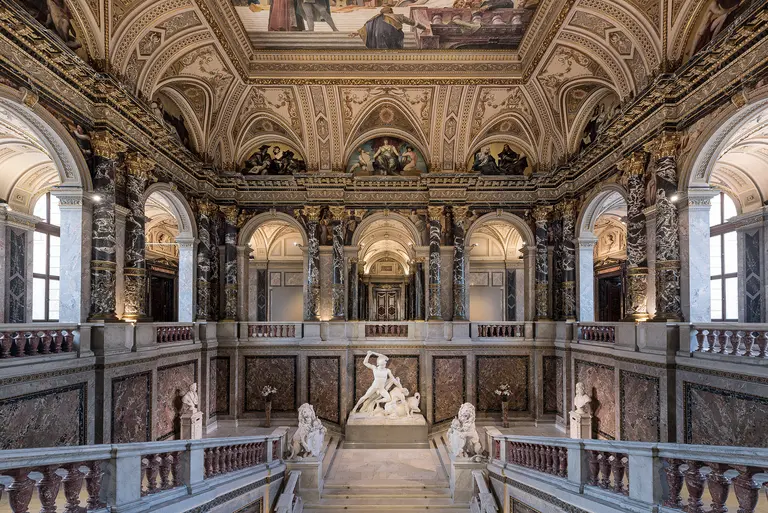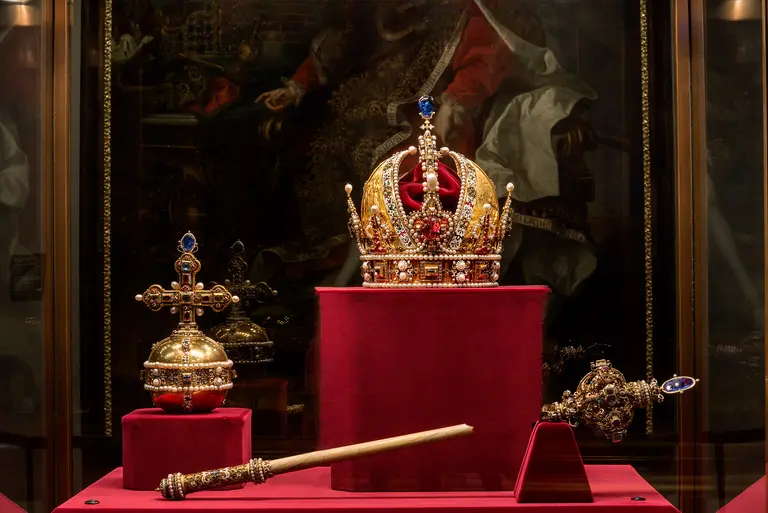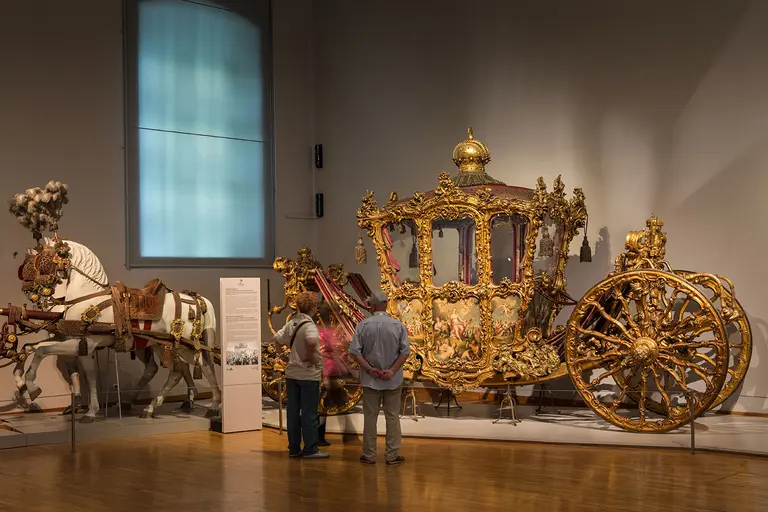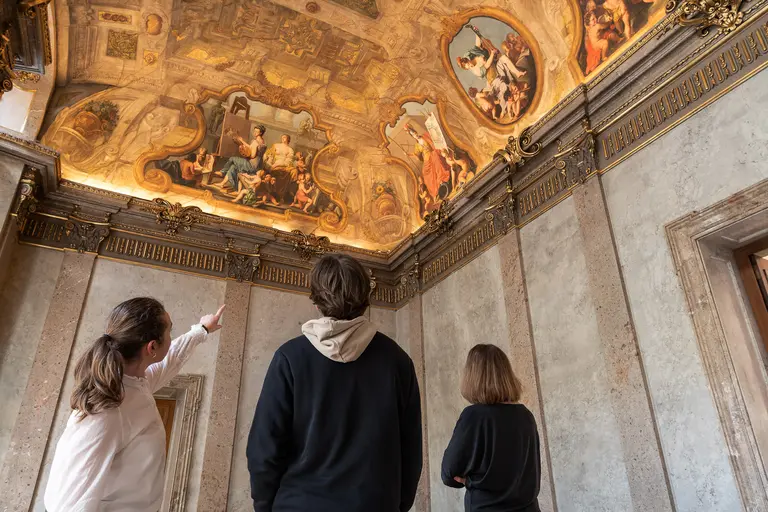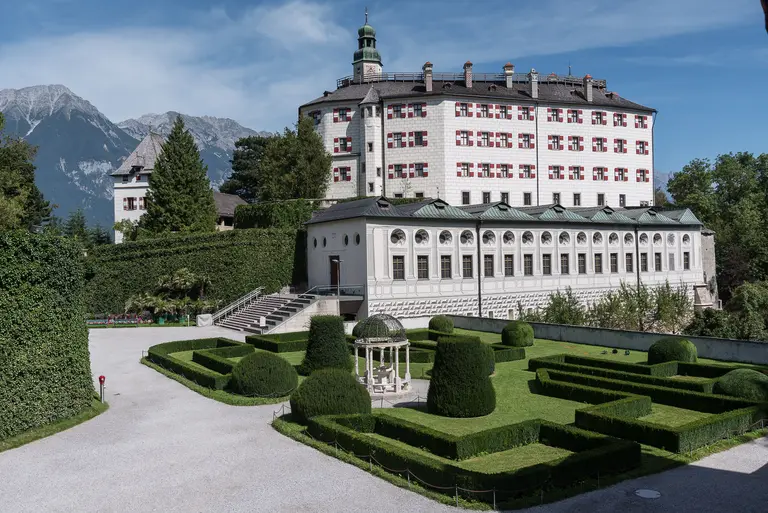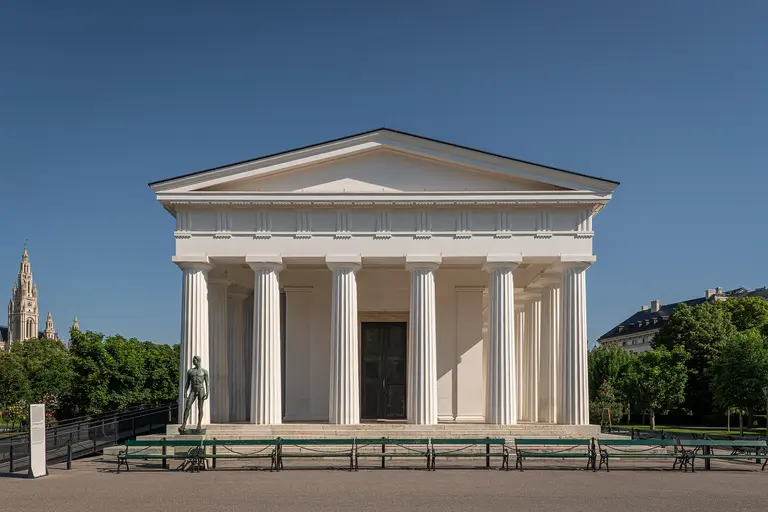Exhibitions
Discover the captivating exhibitions at the Kunsthistorisches Museum in Vienna – masterpieces, special exhibitions and highlights from the history of art!
Our permanent exhibitions
Artworks on permanent display. One ticket for everything.
Forever on display.
Special exhibitions
We regularly hold special exhibitions to showcase our large collection.
Our permanent exhibitions in the Neue Hofburg
Access via the Weltmuseum Wien with the admission ticket for the Weltmuseum Wien, Court Hunting and Armory Chamber and Collection of Ancient Musical Instruments

